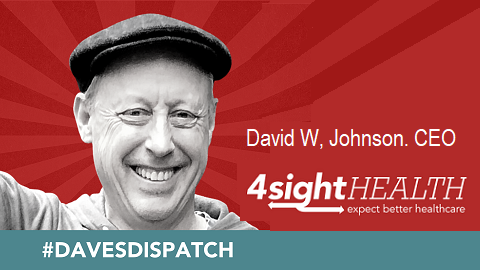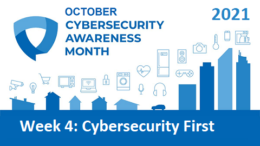Dave’s Dispatch: Home Is Where the Hospital Is
By David W. Johnson – My sister recently gave me a t-shirt that proclaims, “I speak in movie lines, song lyrics and sarcasm.” At least the middle part of that proclamation applies to this month’s song, “Sweet Hospital-at-Home,” sung to the tune of Leonard Skynyrd’s “Sweet Home Alabama.”
Read More





